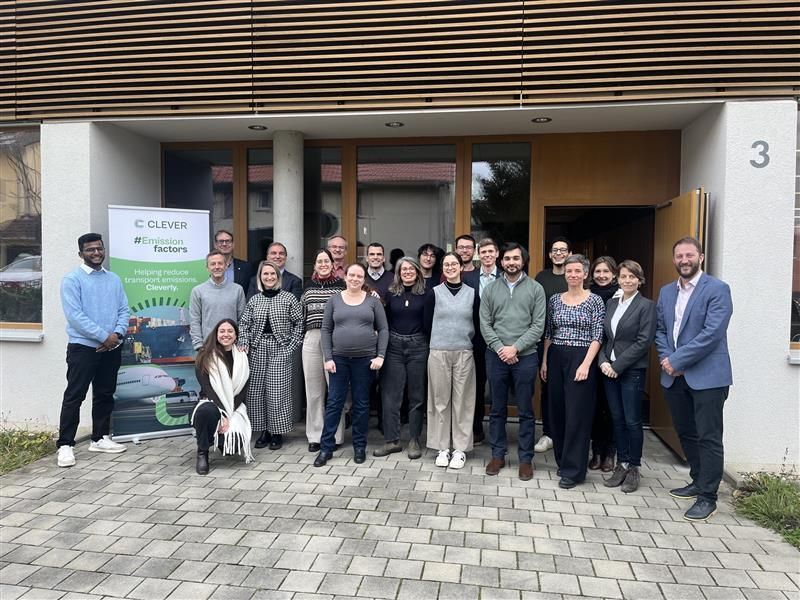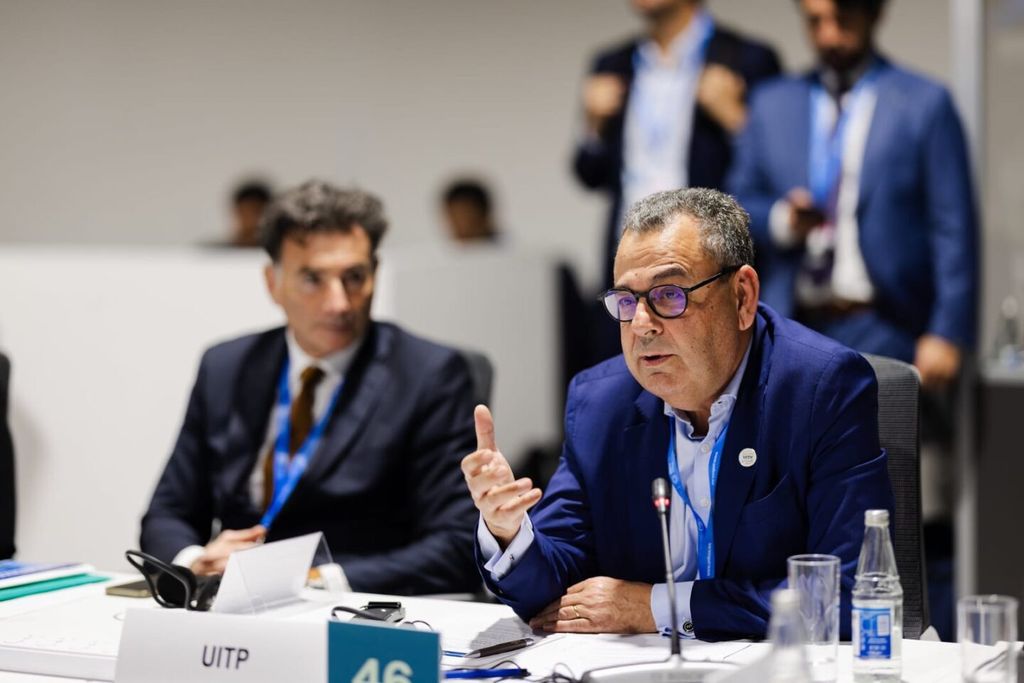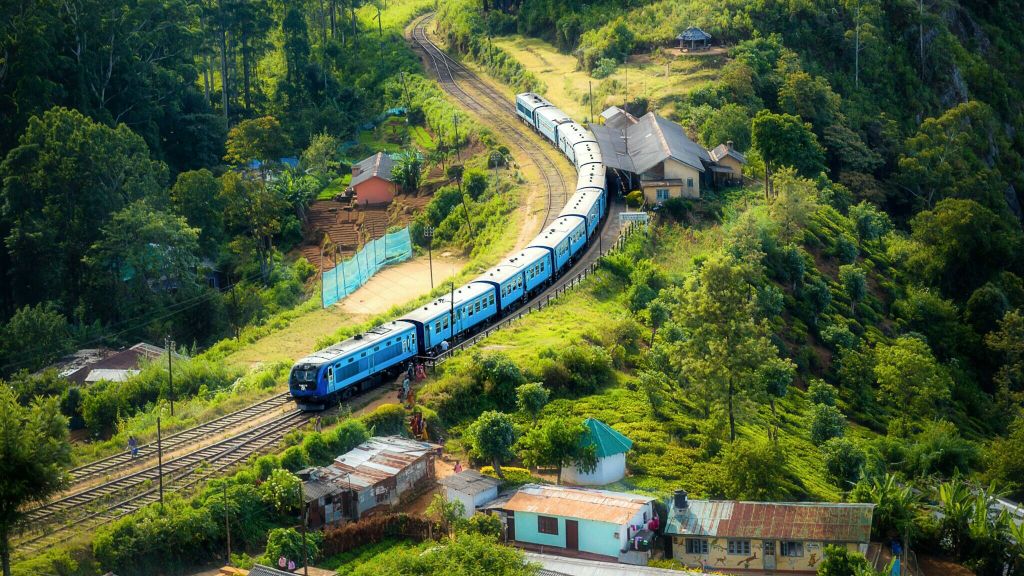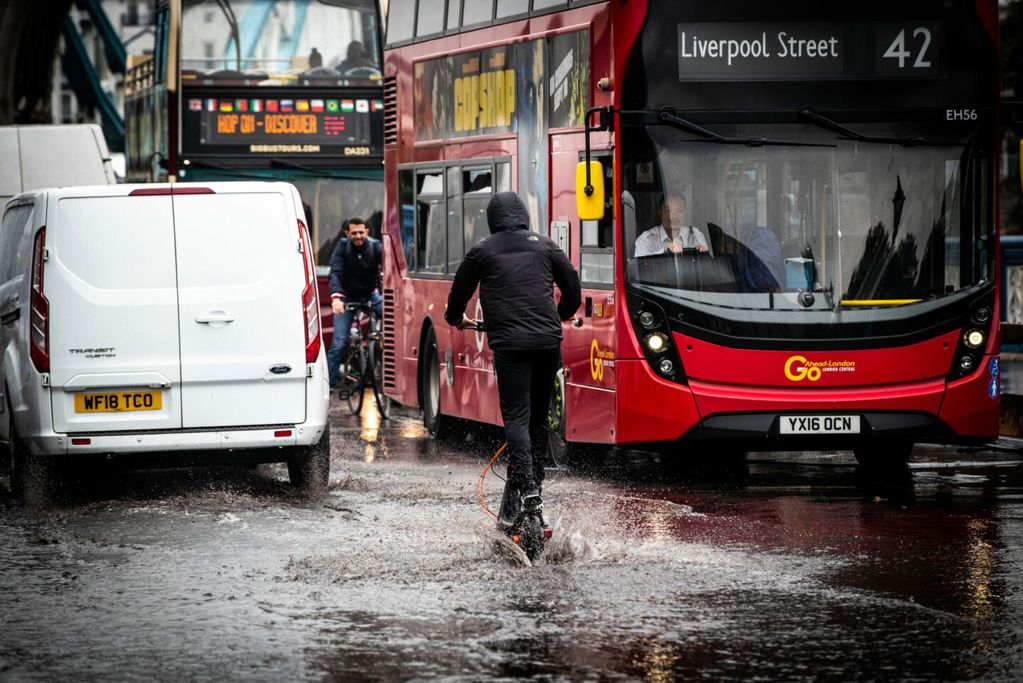
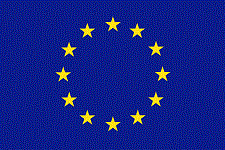
If we want climate neutrality, the time to act is now: UITP joins NETZEROCITIES and PIONEERS
Join us on the journey towards climate neutrality
Globally, cities account for more than 50% of the global population, two-thirds of global energy consumption and over 70% of annual global carbon emissions. The European Union has pledged to cut its emissions by 55% by 2030, with the goal to reach climate neutrality by 2050.
Looking at these figures and with predictions that more than 70% of the world’s population will live in cities by 2050, the key to tackling our carbon footprint is through urban areas – cities have a leading role to play in our fight against climate change.
UITP has joined NetZeroCities and PIONEERS, two projects funded by the European Commission, with the same goal to drastically cut our carbon footprint before it is too late. And with COP26 taking place next week, united actions against climate change are needed now more than ever.
Leading the mission towards net-zero emissions
Last week, UITP attended the kick-off meeting for the new project NetZeroCities. The four-year project will support European cities in cutting down their greenhouse gas emissions, one of the biggest challenges our societies are facing today.
Coordinated by EIT Climate-KIC, an organisation funded by the European Union with the purpose to share knowledge and solutions for a zero-carbon climate-resilient future, NetZeroCities is supported with a large consortium of 33 partners from 13 countries, of which UITP is one of them. This impressive cohort of engaged actors brings together organisations with social, legal and financial, environmental and economic background to ensure that the solutions will be truly sustainable.
At a time where urban actors have knowledge given to them from a wide range of open resources, the key aspect for this project is turning that knowledge into tangible actions by showing cities what they need to do. The project partners will focus on launching a one-stop-shop platform to support cities in reaching climate neutrality, as well as developing tailor-made city contracts with selected cities.
However, finding and adapting solutions to each city’s own local conditions is no simple task. The next four years will be challenging to say the least, as the consortium not only finds the solutions but adapts them to each city, with the support of national and local stakeholders.
UITP is proud to be part of this project, which will ultimately enable European cities and citizens to show the way forward towards an inclusive, thriving, climate resilient and sustainable future.
Check out the website at: netzerocities.eu
Greening Europe’s ports
Another new EU project for UITP that shares the same commitment towards a greener world, is PIONEERS (PORTable Innovation Open Network for Efficiency and Emissions Reduction Solutions).
Kicking off this Autumn, PIONEERS brings together four ports with different characteristics, but shared dedication towards meeting the Green Deal goals and Blue Growth socio-economic aims, in order to address the challenge for European ports of reducing GHG emissions while remaining competitive. To achieve these ambitions, the Ports of Antwerp, Barcelona, Venlo and Constanta will implement green port innovation demonstrations across four main pillars:
1. Clean energy production and supply
2. Sustainable port design
3. Modal shift and flows optimisation
4. Digital transformation
Coordinated by the Port of Antwerp, PIONEERS counts 45 partners and will last for five years.
More information is available on the website: pioneers-ports.eu
Climate change is the biggest threat to society. Actions to deliver climate neutrality will bring massive and more visible co-benefits: Better air quality, efficient and green modes of transport and more liveable cities. We’re excited to be involved in both of these projects which are working toward the Green Deal and UITP is committed to taking action.
Keep an eye on updates on our channels for both projects and how to get involved!
For mobility to continue to innovate and link people together, the sector has to make resilience of networks and services a key element of its strategies. UITP Senior Director Strategy, Sylvain Haon shares what steps public transport has to undertake to remain resilient in a world where natural disasters become more frequent and intense.
2025 Training Calendar

